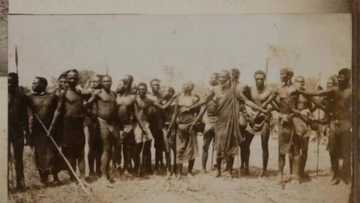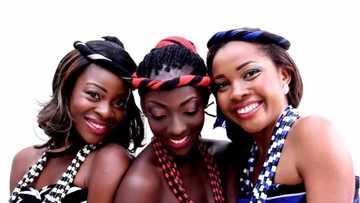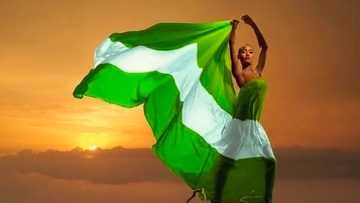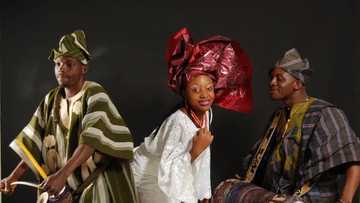Origin of Yoruba race in Nigeria
African Yoruba people are numerous and well known. Yoruba history and the present life are very interesting topics for people all over the world. Even modern Nigerians who live in the big cities are wondering what the origin of Yoruba race is. You’ll find all the answers right now and right here.
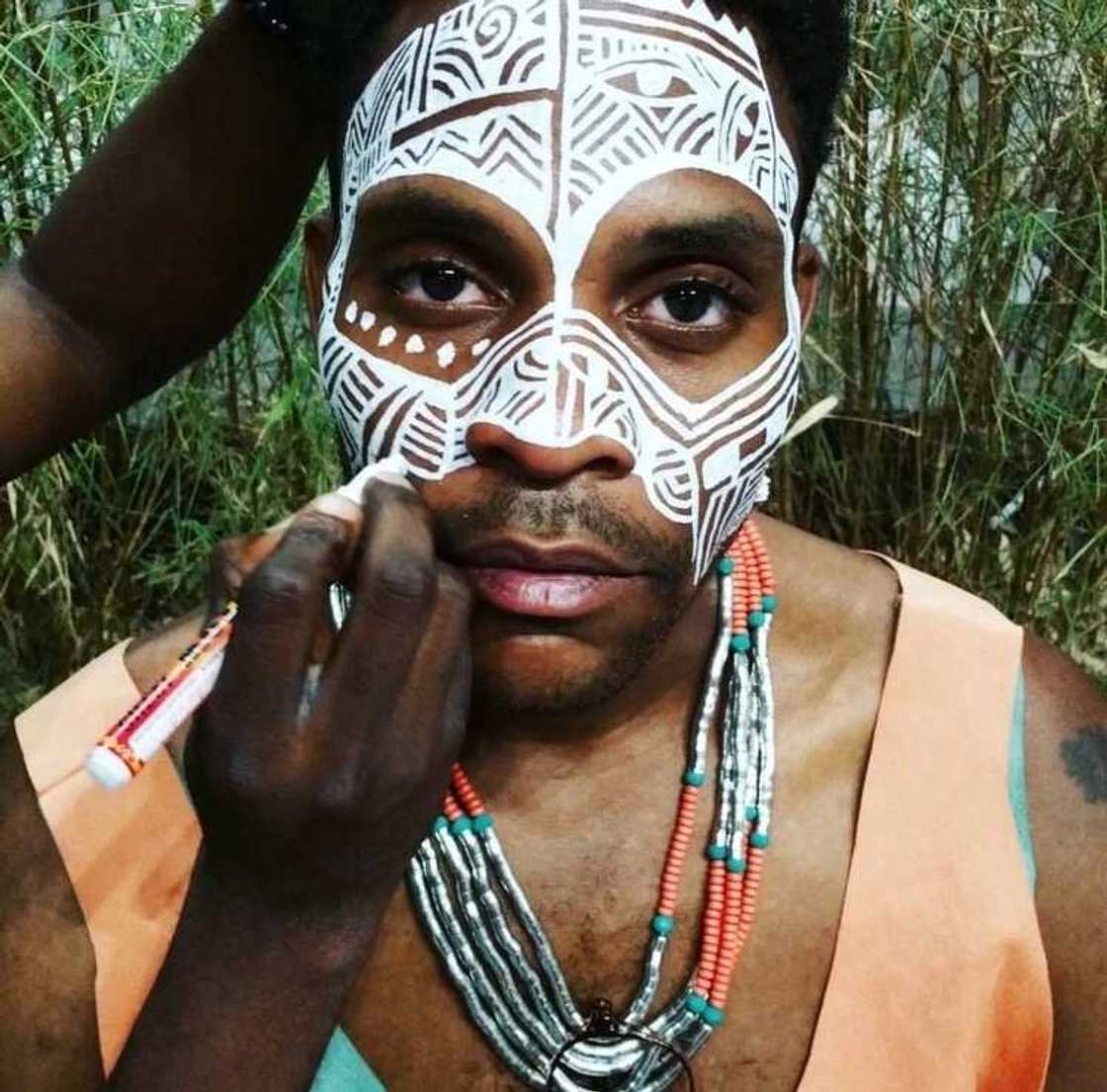
Origin of Yoruba tribe
In fact, there are lots of kindred nations. They are very numerous. There are more than 30 million of representatives belonging to the Negroid race and living in West Africa in the area of the river Niger. This distribution area covers several countries: Nigeria, Ghana, Togo and Benin.
Archeologists found a lot of ancient pieces that proved that this nation is extremely old. But when and how did it appear? No one knows even now. According to the legend, the Yoruba tribe came from the east. The legendary ancestor of the Yoruba people is considered to be Oduduva. The Yoruba genome was examined and scientist detected from 0.2% to 0.7% Neanderthal genes.
Sometimes people say that Yoruba people originated from Benin. But not only from Benin. Some ancient remains made by these people were found nearby too.
READ ALSO: Names of Efik traditional attire
Yoruba culture
The ancestors of these people created original culture Nok. It was the first on the African continent culture of the Iron Age. The terracotta and bronze statuettes of Nok culture are the pride of the leading museums of the world. Nok culture appeared 900 years before the birth of Christ and suddenly disappeared in the 200th year of our era.
The Yoruba people's culture, unlike most African cultures, did not undergo the invasion of white emigrants. The English, whose colonies covered the lands of the Yoruba people, did not support emigration to these colonies. It is for this reason that the traditions of the Yoruba people remain virtually unchanged.
Yoruba and now have a traditional understanding of the world and the distribution of natural forces in it. They only differ from each other in their communion with one or another social or political group that has its own center. At the same time, Ile Ife is equally important for all nationalities.
READ ALSO: Hausa names and their meanings
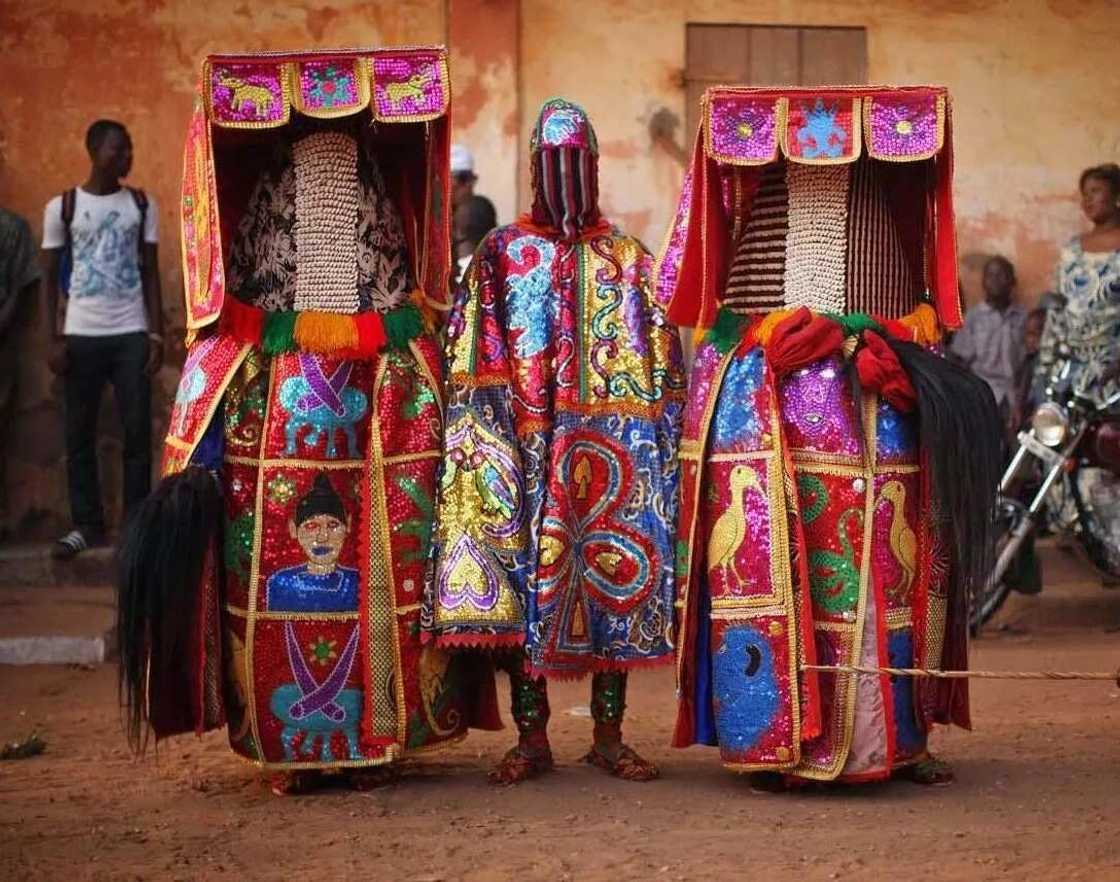
READ ALSO: Largest city in Nigeria by population and land mass
Origin of Yoruba language
Yoruba language belongs to the Kwa languages. Its written language is based on the Latin alphabet. Yoruba mainly distributed to the west and southwest of Nigeria, as well as to the central and western regions of Benin and the eastern part of the Central Togo.
There are about 10-12 million people speaking Yoruba language. It has eight major dialects, which differ mainly phonetically. The division into dialects roughly corresponds to the tribal and administrative division of Nigeria into provinces. Yoruba Language was used by the merchants, which contributed to its spread. Yoruba, Ibo and Hausa are three languages of Nigeria.
Within the western and south-western Nigeria, Yoruba produce magazines and newspapers, radio programs are broadcast. Yoruba language is taught in primary and secondary schools. Yoruba literature has original folklore, religious, educational, ethnographic and historical character.
The Yoruba language is: seven clean and seven nasal vowels and elision of common vowel harmony; dominated monosyllabic and disyllabic words, distinguished high, low, medium tone, but there are also moving (rising and falling) tones. The tone has semantic meaning.
These people are often highly-educated and smart. They are very numerous, so they speak different languages. The most popular ones are: Yoruba, French and English. Also there are different dialects.
Yoruba dressing
Traditional clothing is still widespread. Clothes from hand-made fabrics are the most valued. Men's clothing is mostly embroidered. There is a variety of women's headbands. But in the cities, European clothing is spreading, as well as universal ‘all-African’ embroidered spacious clothing.
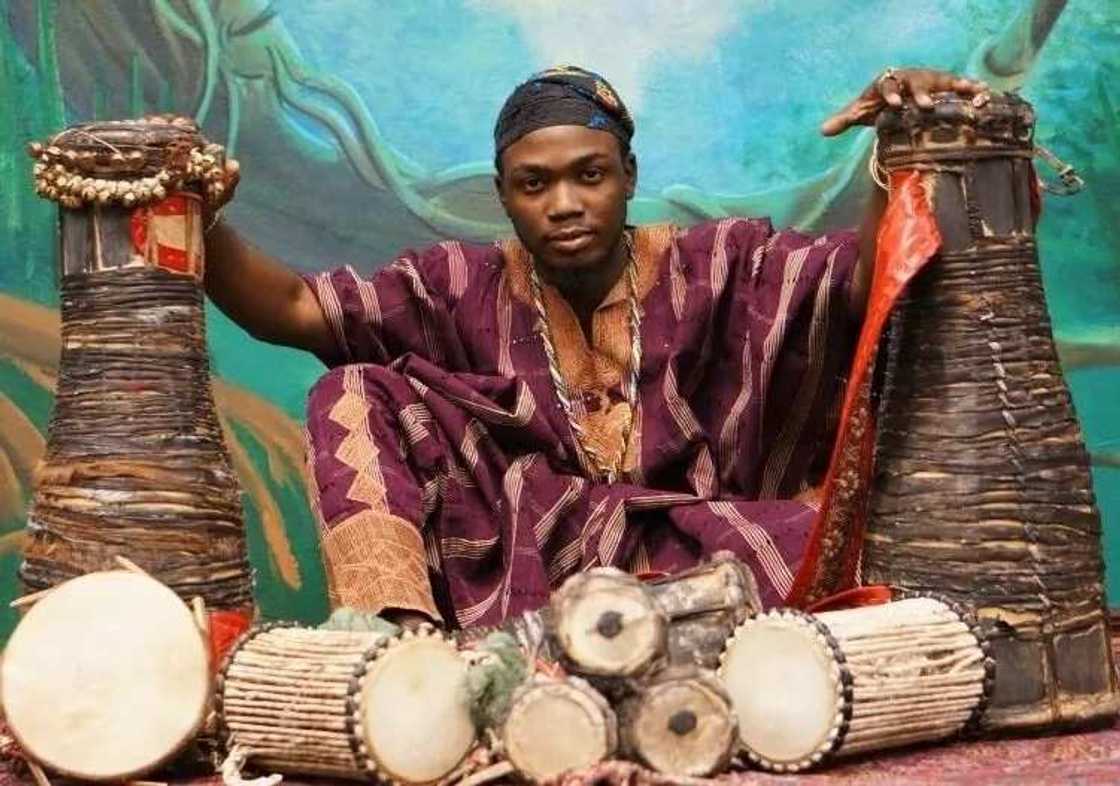
Yoruba food
Yams tubers of various kinds are used for food: boiled, fried separately or mixed with various vegetables. People prepare ‘fufu’ - a dish that fulfills the role of bread. The use of corn is also widespread: corn grain is cooked with beans, fried, added to meat or bananas.
Most dishes are very spicy. Yoruba food hasn’t changed much for the last decades.
Yoruba people in Africa now
Language and religion of the Yoruba people, even today, is extremely interesting and attractive for the scientists. They are sure that story of this tribe is quite unique. These Africans are the creators of a particular civilization in this part of the continent, which is known as the holy city-state called Ile Ife. Hitherto its excavations cause a lot of questions and hypotheses, so the interest is only rising. Ile Ife was and is a special place for the African people.
There are different religious: Christianity (60%), Islam (30%), and traditional belief (10%). Traditional Yoruba religion has always been important to the people of Nigeria as it was created in these areas. So now lots of people confess it. This is a mix of magic and religious concepts based on knowledge of the nature power.
Writing, in contrast to the language and religion of the Yoruba people, was created only in the 19th century. And only thanks to the missionaries from Europe.
A large number of Yoruba people live in the western part of Nigeria. They still keep their traditions and customary way of life. As writing developed only in the 19th century. Hundreds of years ago they shared information only orally.
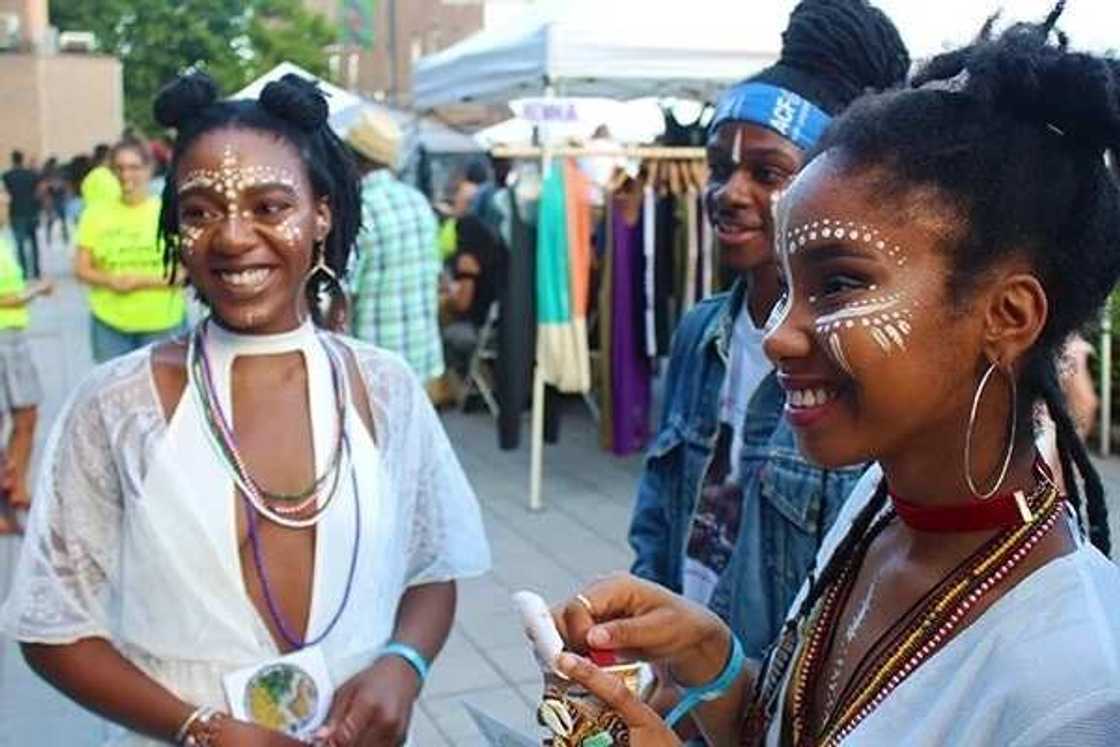
The modern Nigeria is a big country, including several ethnic groups who speak different languages, have different customs and religious systems. One of these groups is called Yoruba.
READ ALSO: Hausa tribe: interesting facts
Source: Legit.ng

